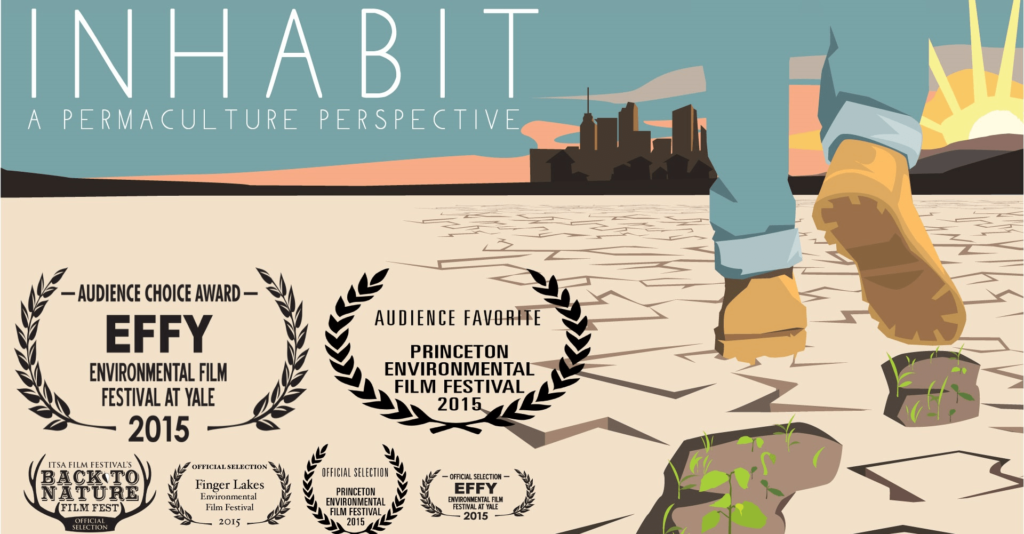For those unfamiliar with the Environmental Working Group (EWG), their list of the “Dirty Dozen” can be a great tool for prioritizing organic purchases. The list was revised this year, based on USDA data, to most accurately reflect the 12 fruits and vegetables that contain the highest levels of toxic pesticides. These pesticide levels were measured after produce had been washed and sometimes even peeled. The findings by the USDA revealed that 146 different pesticides were found amongst the produce tested.
Key findings that stood out to me were that, “a single grape sample and a sweet bell pepper sample contained 15 pesticides,” “single samples of strawberries showed 17 different pesticides,” and the average potato contained “more pesticide by weight than any other produce.”
I find it helpful to carry a credit-card sized version of this list in my wallet so that I always have it with me when grocery shopping. It can sometimes be difficult to find organic versions of produce but this list helps me to prioritize. It has had a significant impact of my shopping habits because I will go without certain products, like celery, if I can’t find an organic version. I would rather do without it than know that I am ingesting something toxic. I love strawberries but I don’t love the idea of being exposed to 17 different pesticides, so I only buy them in season and from farms that use organic practices. I do eat them a bit less but I have found that I enjoy them more when I do.
On the other end of the spectrum, EWG issues a list of the “Clean Fifteen.” This list singles out produce that is least likely to contain pesticide residue (after being washed). I was overjoyed to find that the avocado, one of my favorite things to eat, is on that list.
For basic staple items, it is good to know that I can buy a bag of onions and not worry as much if they aren’t organic. By the same measure I have developed a strictly organic potato-buying habit because I know that the fungicides used by conventional farmers permeate the skin and become enmeshed within the potatoes themselves. Washing them, in that case, does little to nothing.
If you can buy everything organic that is great because you are voting with your dollars to support farmers that use organic methods, but doing anything that you can makes a difference, both to the farmers and to your health.
To read about EWG’s methodology, as well as to view sources for some studies showing the dangers of pesticide exposure, please visit EWG’s Executive Summary.
-By: Marisol Maddox






 Slow Food Huntington pulled off an amazing sold-out night of film and food at the Cinema Arts Centre in Huntington, NY last night, which I was so proud to be a part of.
Slow Food Huntington pulled off an amazing sold-out night of film and food at the Cinema Arts Centre in Huntington, NY last night, which I was so proud to be a part of.

